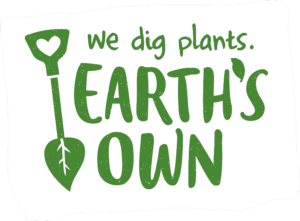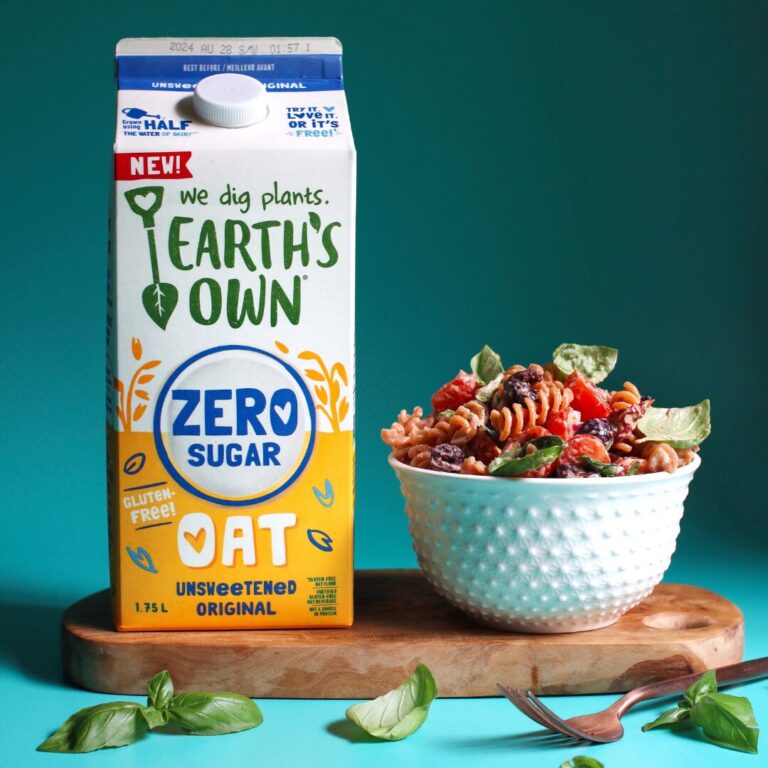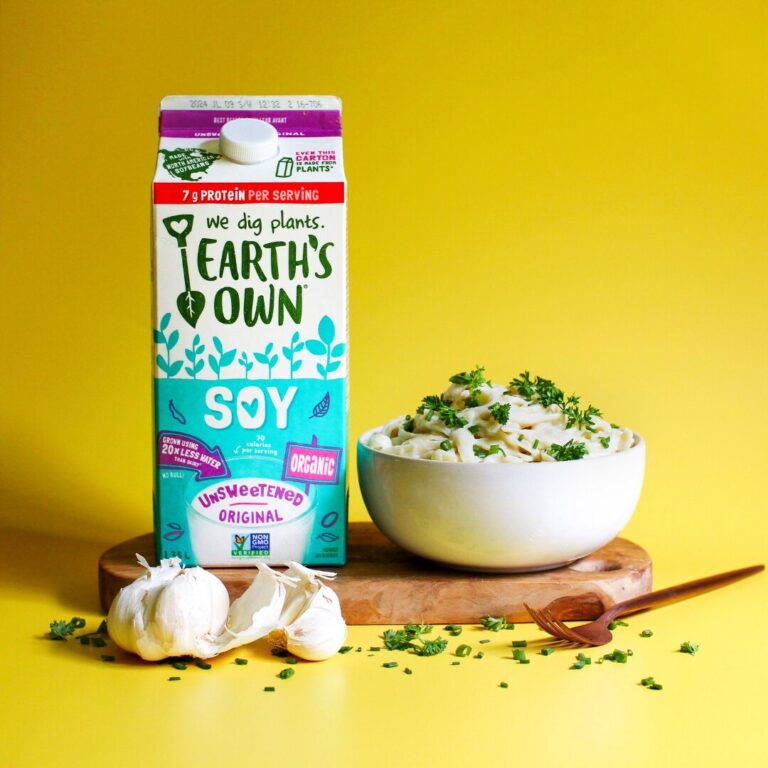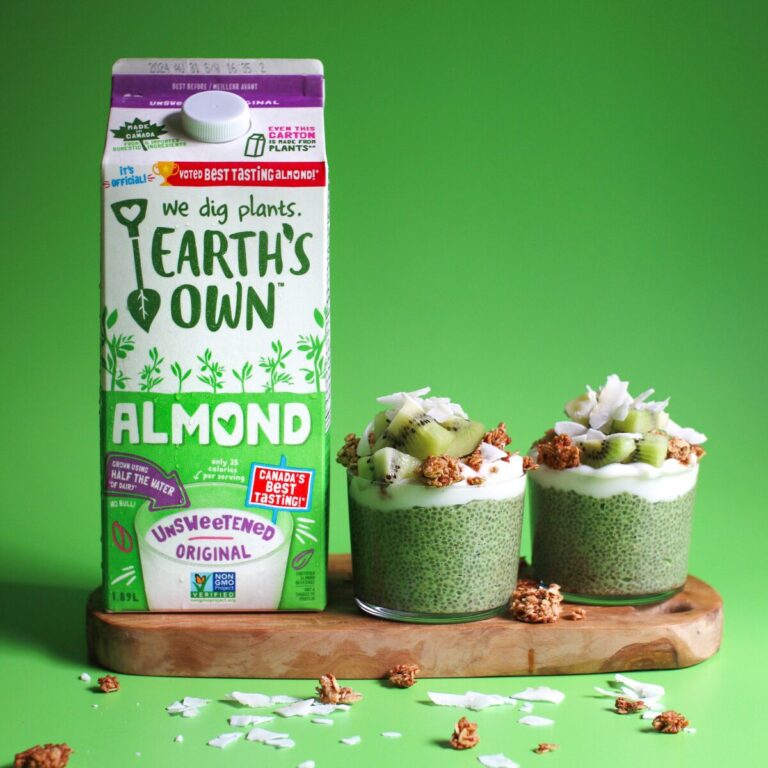“Plant-based” or “vegan” foods are having a moment. As more people start to think about their personal human impact on the environment, more people are choosing to change what they eat… but why? Well, because the science is clear: switching to a plant-based diet is the single best way to reduce your environmental impact on the planet.
But if you want to live more sustainably and you’re unsure about making the switch, I have a good bit of news for you. You don’t need to become a “vegan” to eat more plant-based foods. In fact, 86% of the people buying plant-based milks and meats today do not identify themselves as vegan or plant-based. Taking steps towards eating a more plant-based diet is directly tied to sustainability.
But why is what we eat so important? The act of eating food is such a universal human experience that many overlook it as a place where real serious progress occurs. When we think of “progress” we think of new technologies, large scale infrastructure and political shifts, but the everydayness of what we eat is exactly why it is so impactful.
The Environmental Impact of Plant-Based VS. Meat
The food we eat is a product of a huge supply chain spanning multiple countries, industries, and cultures. Choosing plants over animal products shifts money from one web of connections to another, creating a cascading series of impacts down the line. This can become very complicated but here’s the way I think about it.
A plant-based diet only has to feed one stomach.
By avoiding meat and dairy products, you are choosing a less complex food system. The simple shift to grow food in order to feed people directly, rather than to feed livestock, is where much of the positive changes occur. The numbers shared by plant-based meat companies would seem to confirm this.
Plant-based giant Beyond Meat states that their patties are created using 99% less water and 90% less C02 than a traditional beef burger. Oat milk uses 7 times less water than dairy milk to produce, and an entirely plant-based diet reduces your carbon footprint by up to 50%.
Instead of those crops going to feed animals, we can use those crops, and the land they’re grown on, to feed humans directly. So, it is easy to see how a plant-based diet has a lower impact on the environment. You eliminate this enormous middle ground where the majority of the environmental damage is created.
A Silver Bullet?
Now you might be thinking, “well what about driving an electric car? Or avoiding plastic? Surely those things have a big impact too?”
You’re not wrong – how food is packaged has a big effect on the environment too, same as the carbon emissions from the ways we get around, but they don’t compare to the impact of eating a plant-based diet.
See the supply chains I mentioned earlier? They’re much bigger and more complex when it comes to food because of how universal the act of eating food is for every human on earth. Of course, there are a number of reasons why a plant-based diet might be more difficult for you, so you have to do what makes the most sense in your context.
Maybe you try ‘Meatless Mondays’ to start, or you look into zero waste shops in your area that you can shop at! Amazing! Perhaps you cook for a big family and they’re not interested in going vegan, but maybe you could introduce some vegetarian options every now and then and see what they think?
Forget about the labels, do what you think will be the easiest first step towards a plant-based diet and give it a shot. Not only will you be doing your part to help save the planet, but you’ll get to try something new along the way!



